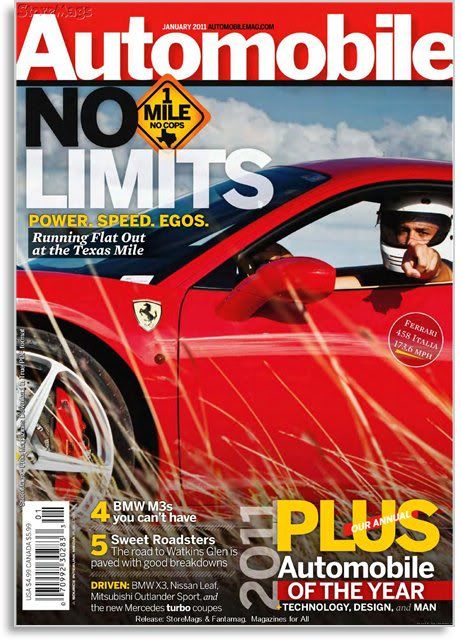How the Automobile Took Over America and How We Can Take It Back
| Date: 27 April 2011, 10:14
|
Asphalt Nation is a powerful examination of how the automobile has ravaged America's cities and landscape over the past 100 years together with a compelling strategy for reversing our automobile dependency. Jane Holtz Kay provides a history of the rapid spread of the automobile and documents the huge subsidies commanded by the highway lobby, to the detriment of once-efficient forms of mass transportation. Demonstrating that there are economic, political, architectural, and personal solutions to the problem, she shows that radical change is entirely possible. This book is essential reading for everyone interested in the history of our relationship with the car, and in the prospect of returning to a world of human mobility.
Commuters, here's some food for thought: collectively, Americans spend more than 8 billion hours each year stuck in traffic. This is just one of the horrifying statistics mentioned in Jane Holtz Kay's Asphalt Nation, an eye-opening look at the relationship between Americans and their cars. Kay asserts that the automobile is destroying our communities, our environment, and our economic competitiveness, and her supporting arguments are pretty persuasive. In addition to the billions of hours wasted in gridlock, Kay notes that our daily drives are becoming longer and more frequent, and that increased mileage has nullified any advances in emission controls. Asphalt Nation is comprised of three parts: the first, "Car Glut: A Nation in Lifelock," examines the impact of the automobile culture on life in the United States today. "Car Tracks: The Machine That Made the Land" traces the history of cars from Henry Ford to the present, while "Car Free: From Dead End to Exit" imagines a happier future without automobile dependency.
What makes Asphalt Nation far more interesting than the typical anti-auto diatribe is Kay's discussion of the cultural mores that helped create America's current car glut--namely, our attitudes toward land use and growth management; her comparisons between American and European practices in these areas are particularly interesting. Others have written about the American love affair with the automobile, but Holtz revisits the discussion with lively writing and a dramatic narrative.
|
DISCLAIMER:
This site does not store How the Automobile Took Over America and How We Can Take It Back on its server. We only index and link to How the Automobile Took Over America and How We Can Take It Back provided by other sites. Please contact the content providers to delete How the Automobile Took Over America and How We Can Take It Back if any and email us, we'll remove relevant links or contents immediately.
 Comments (0)
All
Comments (0)
All










